Tarmac vs Resin Driveways: Which Is Best for UK Homes?
When it comes to upgrading your driveway, choosing between tarmac and resin can be a tough decision. Both offer excellent durability, long-lasting performance, and great visual appeal — but each comes with unique benefits suited to different property types and budgets.
In this guide, we’ll break down tarmac vs resin driveways in terms of cost, appearance, maintenance, and weather resistance, helping you decide which is right for your home.
1. What Is a Tarmac Driveway?
Tarmac (or tarmacadam) has been a long-standing favourite across the UK, particularly for homeowners seeking a strong, reliable, and cost-effective surface.
Tarmac driveways are made by combining crushed stone with tar, creating a smooth, weather-resistant surface. When installed by professionals, they deliver a clean, uniform finish that can withstand heavy use from cars and foot traffic.
Benefits of Tarmac Driveways:
- ✅ Durability: Excellent resistance to wear and tear, ideal for driveways with frequent vehicle use.
- ✅ Quick Installation: Tarmac can be laid and ready for use in as little as 48 hours.
- ✅ Cost-Effective: One of the most budget-friendly surfacing materials available.
- ✅ Weather Resistant: Handles the UK’s wet and cold conditions without easily cracking.
However, while tarmac is strong, it’s limited in design options. Homeowners seeking a decorative finish might find it less visually appealing than resin-bound alternatives.
2. What Is a Resin Driveway?
Resin driveways have become increasingly popular across the UK, combining aesthetics with practicality. They’re made by mixing clear resin with decorative aggregates, producing a seamless, stone-like surface that looks both modern and natural.
Resin driveways come in two main types:
- Resin Bound: Smooth, permeable, and SUDS-compliant (allowing water to drain through).
- Resin Bonded: Textured, with aggregates fixed on top of the resin layer for added grip.
Benefits of Resin Driveways:
- 🌟 Aesthetic Appeal: Available in various colours and finishes to match your home’s style.
- 🌟 Low Maintenance: Resistant to weeds, moss, and oil stains — simply jet wash occasionally.
- 🌟 Permeable Surface: Helps reduce puddles and improve drainage.
- 🌟 Durability: Can last over 20 years with proper installation and care.
While resin offers a more decorative and modern look, it can be slightly more expensive to install compared to tarmac.
3. Cost Comparison: Tarmac vs Resin
When comparing tarmac vs resin driveways, budget often plays a key role.
| Driveway Type | Average UK Cost (per m²) | Typical Lifespan | Maintenance Level |
|---|---|---|---|
| Tarmac | £45 – £70 | 15–20 years | Moderate |
| Resin Bound | £60 – £100 | 20–25 years | Low |
Tarmac provides a lower initial cost, ideal for larger areas or commercial settings. Resin driveways, on the other hand, have a higher upfront price but require less maintenance and offer superior aesthetics.
4. Appearance and Customisation
If you want your driveway to stand out, resin wins hands down. With endless aggregate colours, from natural stone tones to bold greys and whites, resin bound surfaces can perfectly complement any property style — traditional or modern.
Tarmac driveways are typically limited to black or red finishes, but they can still look neat and professional, especially when paired with decorative edging or block paving borders.
5. Weather Resistance and Performance
The UK’s weather is unpredictable — with rain, frost, and occasional heatwaves all affecting driveway performance.
- Tarmac performs well in colder climates, maintaining structure even under frost. However, prolonged UV exposure can soften or fade the surface over time.
- Resin offers superior water drainage when SUDS-compliant, preventing puddles and surface water buildup. It’s also UV-stable, meaning the colour won’t fade under sunlight.
For areas prone to heavy rainfall or poor drainage, resin bound driveways provide a significant long-term advantage.
6. Maintenance and Longevity
Proper maintenance determines how long your driveway lasts.
Tarmac driveways may need resealing every few years to prevent cracks and fading, particularly if frequently used by heavy vehicles.
Resin driveways, by contrast, require minimal upkeep — occasional cleaning with a pressure washer keeps them looking new. They resist moss, oil stains, and loose stones, ensuring a low-maintenance surface with excellent durability.
7. Environmental Considerations
Modern homeowners are increasingly seeking eco-friendly driveway options.
- Resin bound systems are naturally permeable, reducing surface runoff and supporting sustainable drainage solutions.
- Tarmac is recyclable and can be reused in future surfacing projects, but it is less permeable and may require additional drainage planning.
For sustainability-conscious homeowners, resin bound driveways offer the greener choice.
8. Which Driveway Is Best for You?
Choosing between tarmac and resin depends on your priorities:
| Your Priority | Best Option |
|---|---|
| Budget-friendly installation | Tarmac |
| Stylish, modern appearance | Resin |
| Low maintenance | Resin |
| Heavy vehicle use | Tarmac |
| Eco-friendly and permeable | Resin |
Ultimately, both materials deliver long-lasting, high-quality surfaces when installed by experienced professionals.
For inspiration, explore our latest real-life projects and results here:
👉 View our Case Studies
Conclusion
When it comes to tarmac vs resin driveways, there’s no one-size-fits-all answer. If you value strength, affordability, and simplicity, tarmac is an excellent choice. But if you prefer a decorative, long-lasting, and eco-friendly finish, resin offers the ideal solution for modern UK homes.
Whichever surface you choose, always work with a trusted, professional surfacing contractor to ensure proper installation, drainage, and finish — guaranteeing a driveway that looks great and performs for decades.

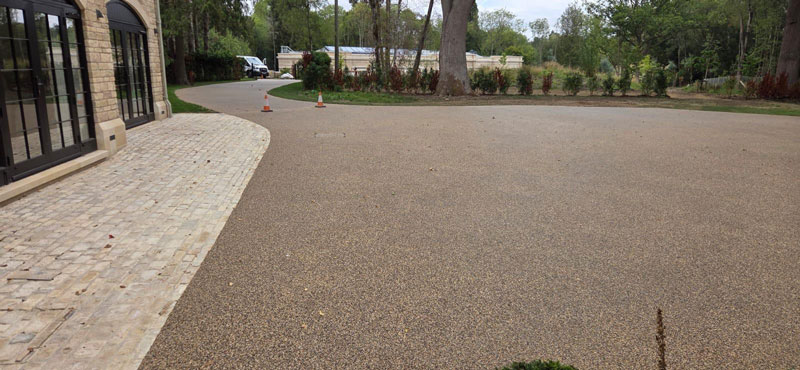
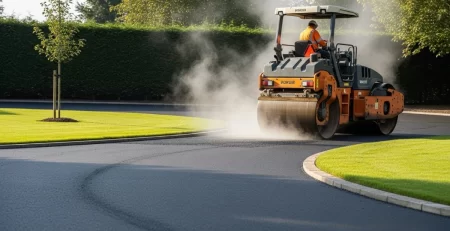
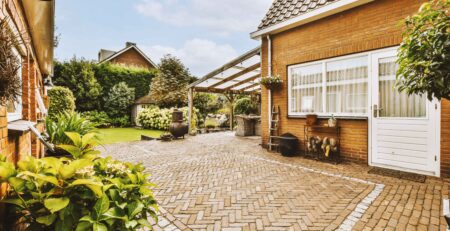

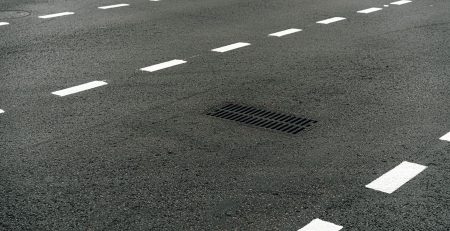

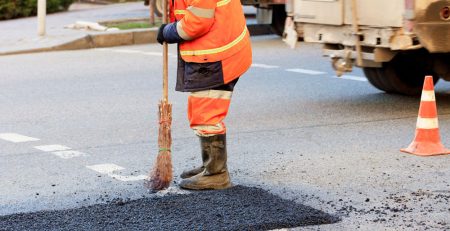
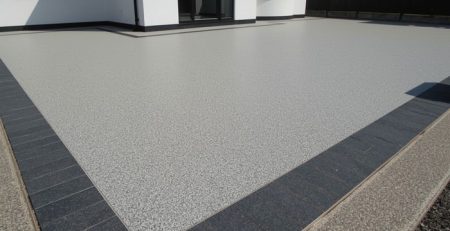
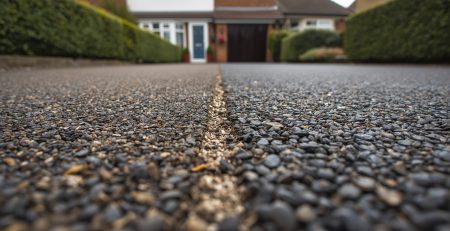
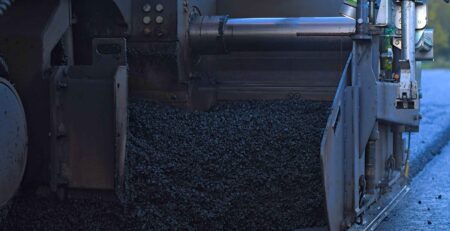

Leave a Reply